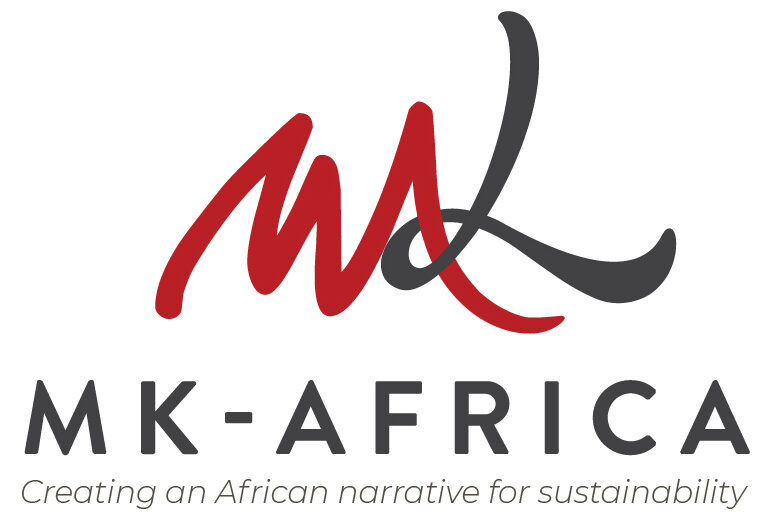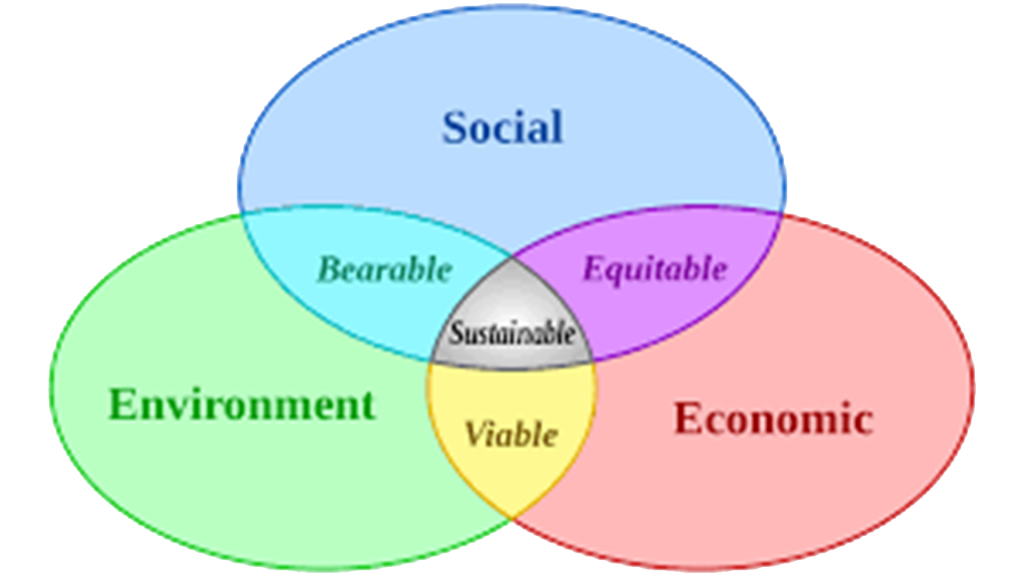Nairobi Java House recently rebranded. The coffee chain, which has 36 coffee houses and restaurants, is now sporting a new logo. In an interview with Reuters, Kevin Ashley, who founded Java’s first outlet in Nairobi in 1999, said the company is looking to expand to Kigali, Dar-es-Salaam, Lagos, Accra, and Lusaka. For now, the firm’s only outlets beyond Kenya are in Uganda’s capital Kampala. As Java looks to occupy a bigger share of the market under a new brand image, perhaps it is also time for the coffee chain to take a closer look at its brand’s purpose.
About 300 years ago, branding was something you did to a cow. A brand declared rights of property and ownership and literally meant ‘hands-off’! In the 19th century, brands as we know them, came into existence as marks of authenticity in a new world of mass production. Mid-century consumers were becoming more brand awareness and the promises made by brands had to be more moderate evolving into brand ‘personalities’. Brand managers began to propagate single-minded claims as a means of giving direction to their brands and the USP (Unique Selling Proposition) was born. For example, Volvo has been known for its safety since 1927.
By late the 1950s, advertising men like David Ogilvy were looking to go beyond simple promises and wanted to build’ brand image’ and in the 1960s, J Walter Thompson agency developed the “T Plan’. This regarded the brand as a mix of knowledge, beliefs, and emotional projections with emotional projections being the most important. Today new brand models believe that brands can encompass entire lifestyles. Global brands like Disney, Nike, The Body Shop, Starbucks, and Ikea create emotional beliefs and experiences that go well beyond their products. All this is important because managing the changing purpose of brands is the essence of good marketing.
Nespresso, a brand from coffee maker Nestle, has undertaken to support coffee farmers in Sudan in producing high-quality sustainable coffee and enhancing their welfare. The brand, whose Sustainability Advisory Board includes Hollywood actor, George Clooney, has committed to invest $550 million over the next five years to achieve three key sustainability goals: carbon-neutral operations; 100 percent sustainably sourced coffee, and 100 percent sustainably managed aluminum. The company offers 500 recycling collection points across the U.S., plus a return program with UPS that is available in 48 states. In October, Nespresso announced the launch of the first coffee to ever be exported from South Sudan. The industry was largely destroyed following 40 years of regional conflict, prompting Nespresso and the non-profit organization TechnoServe to work on its revival beginning in 2011. The project will continue to grow to include several thousand farmers by 2020.
Java, and other Kenyan companies, should consider Nespresso’s example of not only growing brand ‘image’ but also growing brand ‘substance’. The future is about brands having a positive impact in the lives of people, as individuals, in their communities, and in the world at large. The relationship between people and brands is changing and now a ‘brand image’ is no longer sufficient. The right message today is about ‘brand substance,’ meaning building brands that create positive change. That’s especially true of the millennial generation. In general, they prefer to buy from companies who share their worldview— specifically when it comes to the environment. In the decade ahead, those companies that invest in initiatives that help people and the planet, as well as their bottom line and who can communicate those efforts effectively, will have a competitive edge.
Companies, therefore, need to understand the importance of running a sustainable business. Generally speaking, this means one in which water gets conserved, energy and materials come increasingly from clean sources, and the social impact of the business is positive. With allegations of colossal corruption not only in the devolved government but also incorporate Kenya, how the public perceives a company’s sustainability is set to become increasingly important. More and more companies will need to look at the social purpose and corporate citizenship as part of their core offering. Research from Boston Consulting Group found that responsible-consumption products will account for 70% of the total grocery growth in the US and Europe in the next five years. Focusing on this trend may come at the expense of some short-term profit as spend is adjusted from shifting units now to changing brand messaging for a sustainable future. That’s the balance companies need to deal with. This value shift can come only from the top of an organization and is holistic in impact. Employees and consumers need to understand and buy into a brand’s substance, one that’s delivered consistently and continuously.
Companies in Africa should not be left behind. Sustainable business practices are about improving the bottom line; they not only save a company money, but also create new revenue by attracting customers who care about a company’s sustainability footprint. Also, working for a bigger cause excites employees. Sustainability is thus a selling point to attract and retain workers. Fostering positive consumer relations through sustainable initiatives also creates brand value. Unfortunately natural resources like fossil fuels and water are finite. As their scarcity increases, costs for companies using them will also increase. At some point these resources will be too expensive or simply unavailable. Companies therefore need to be prepared to protect these resources and find alternate resources for their products and services. 2015 is a critical year. The decisions made at the UN Climate Change Conference in Paris in December will have immense power, either to set the world on the path to a low-carbon economy or send us far off track. Now, and over the long term, business leaders must work with policy-makers and civil society to transform the global economy. Failure to do so risks seriously undermining future global prosperity and inflicting unnecessary social, economic and environmental costs on the world. Only by making this challenge a priority can business leaders build society’s confidence in them.



